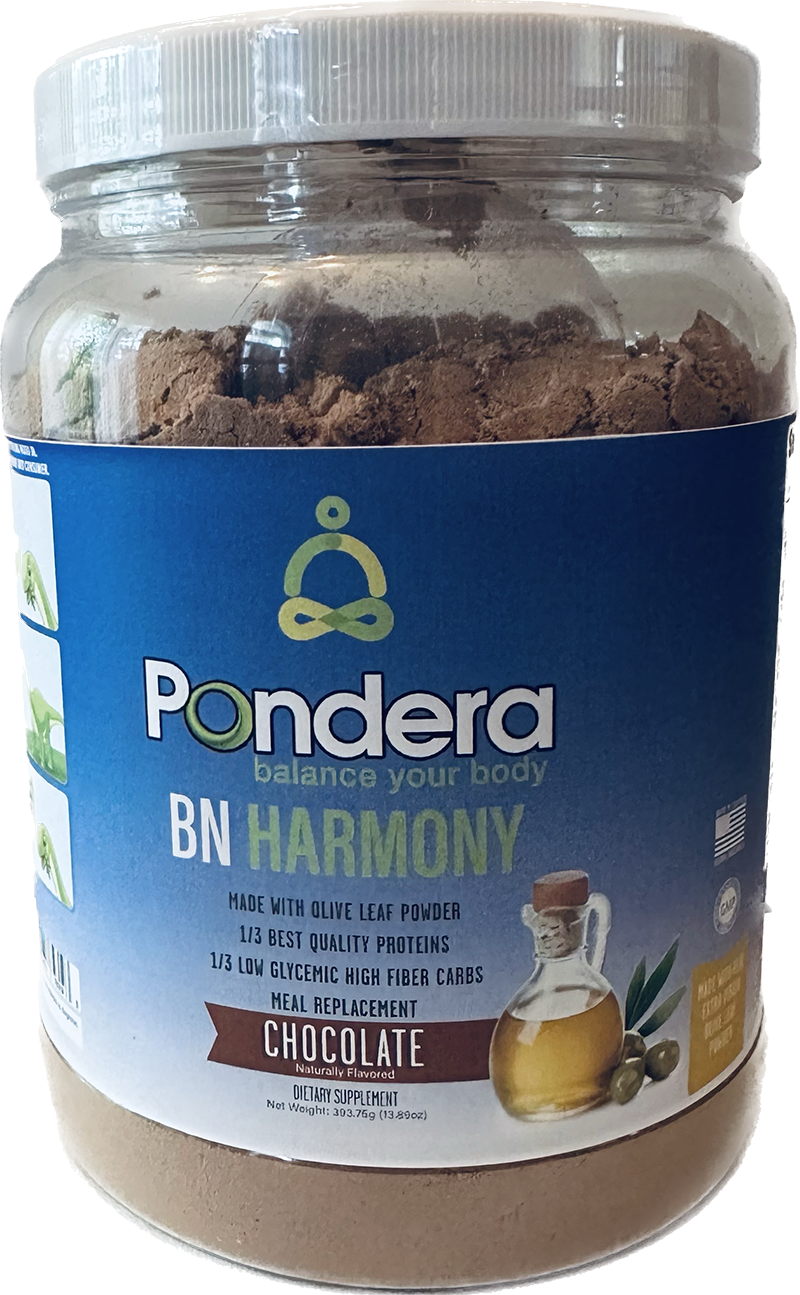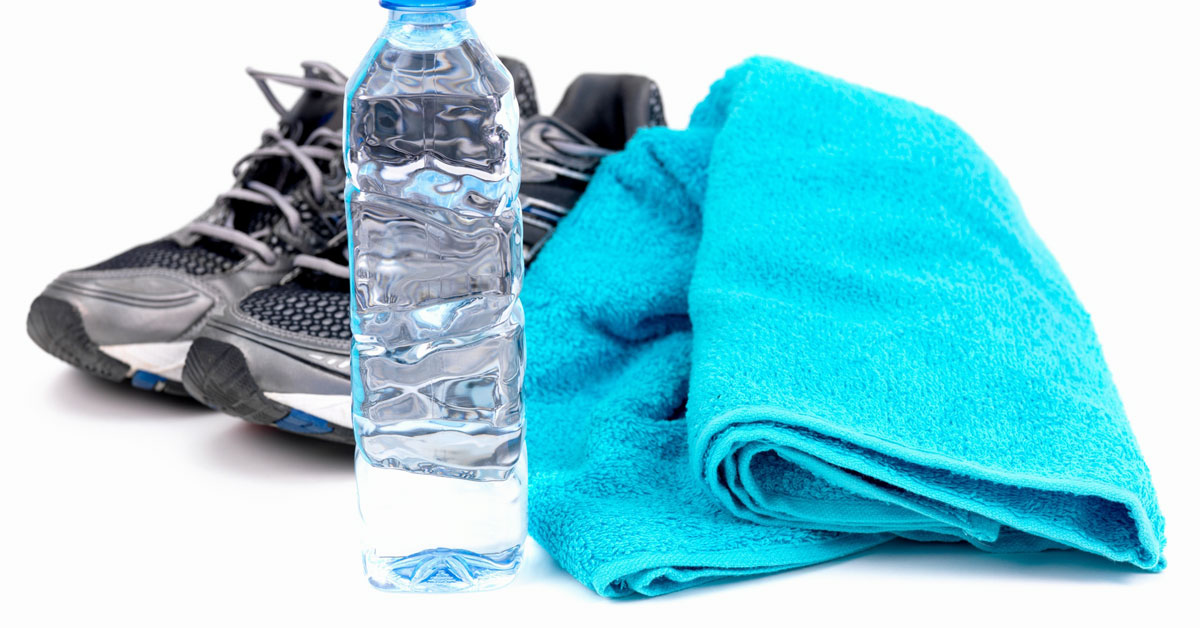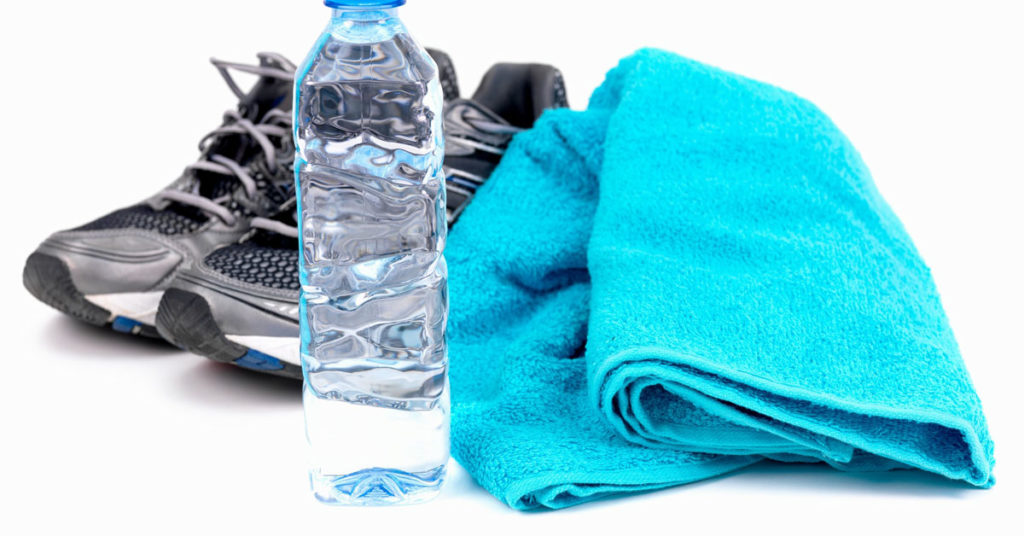A quick review of our previous sections:
The first segment is based on healthy sleeping habits. Follow the instructions carefully. The simple guidance we explained is that you plan ahead for the optimal number of hours you need to sleep first. Then, plan a bedtime allowing 30 minutes of "wind-down" time and prepare for bed. Keep track of your results and how you feel while you're making these changes.
The second segment discusses receiving adequate liquids for healthy hydration daily. Water is the oil for your engine. When you're dehydrated the effects are indeed noticeable. This is an easy self-evaluation to make, and the solution is simple. We must be diligent in making sure that adequate sources of hydration are continually available to us, or we WON'T use them.
Our third segment discussed the widespread deficiency of five essential vitamins, minerals and nutrients. These were Vitamin D, Potassium, Iron, Vitamin B12 and Dietary Fiber. Again, many of the symptoms from these deficiencies overlap the signs of some of the others. Each of these are shockingly common but thankfully are easy to fix. With this segment complete the combined differences in how you feel from all three chapters combined, you should see the beginning of noticeable differences.
A Different Approach to Activity and Exercise
In this section we're getting into some other less-technical concepts. But I urge you to read on. This is NOT the same old "you just need to try harder to exercise routine."
This isn't where it starts to hurt... don't worry.
In fact, here's a little secret.
The results of our first three sections (if effectively followed) will provide much if not all of the boost you need.
This is why we have these sections in a specific order.
First, there's a revelation we want to share with you. When we talk about diet and exercise things start to become rather sensitive. We've all been up that road before, and some of us might feel some internal conditioning to fail before we even begin.
Keep in mind that as we begin to restore energy and clarity by fixing what we cover in the first three sections, you'll seem to have a little bit more "willpower" than you had the last time. The weight of "underlying" disadvantages aside should make things easier.
The Big Lie
First, we must get back to that revelation we wanted to share:
The big lie that we're all told (and somehow forced to believe) is that willpower is strength in some and a weakness in others. That if you don't have it you're not trying hard enough or you're weak or you're just doomed. We're sorry that you might have come to believe this, but it's not your fault.
One of the greatest excerpts on willpower ever written comes from best selling author Gary Keller in chapter 7 of his book; The ONE Thing: The Surprisingly Simple Truth Behind Extraordinary Results. He explains that willpower is not an on-call ability or personality attribute.
Willpower is a stored energy of sorts, and in any given day ALL of us have only a limited supply. (If JUST for the sake of chapter 7 of that book it is well worth reading. Keller explains this FAR better than I can.)
Making changes in your life (or past failures to do so) are often a product of timing. Visualize your willpower as a liquid in an eyedropper. There's only so much there. "Decided self-discipline" or willpower are spent at different moments every day whether you realize it or not.
Examples might include getting up at the alarm, or performing a task you dislike at home or at work. Things you would rather not do "right now", but you've created a habit for it and are usually a necessity. Each of these tasks consume some level of your daily supply. You begin each day with a fresh supply of this liquid, but when you've already spent the day's supply you're out to exercise nothing short of raw determination to get the things done that would otherwise rely on willpower and habit to take over for you.
At that point, these tasks are carried out at the expense of your contentedness or happiness instead. That never feels good or natural, and can contribute to longer-term unhappiness and discontent.
It's not a coincidence that some of the most successful personal transformation stories begin with a change in the morning routine! On that fresh supply, the changes come easier. Not everyone can capitalize on the morning's fresh supply but don't fret. Everyone has his or her time of opportunity.
Our Second Wave
We all have a potential "second wave" during the day. What time(s) of day are your most productive, most inspired, or when you seem to feel like your motor just kicked in? Everyone has a natural rhythm. What time of day are you at your sharpest? This is the time of day that just a couple extra drops of willpower are regenerated and added to your stock, and you KNOW when it comes.
Some days you might have it and some days you might not. Right? It's about rhythm. (We talked about the importance of rhythm in Chapter 1 of our sequence) If you work the same hours Monday through Friday every week like clockwork there's no question that you experience this. But how often?
The less daily routine you practice, the less you'll observe the boost. If you're the M-F worker on a fixed schedule you might observe that Saturday feels altogether different. On the day of opportunity to do more for yourself, oddly your tank might run on lower supply. A seemingly cruel reality for many! We'll fix that!
The Energy to Get Started
I'm sure that you've heard the term "Use it or lose it". Right?
The same can hold true for the energy needed to get you up and moving. The first and second time are always the hardest. After that, you've begun to train your body that you Need More Energy. The less energy you exert today, the less you'll seem to have tomorrow. The opposite is also true.
Unless you're on a daily regimen of exercise and daily activity already, it's probably going to take a little guts and healthy self-loathing to get you started. Getting started is the hard part. After that, its not so bad.
Yes, there is a healthy version of self-loathing and it is the brief moment that you think to yourself "why am I doing this to myself". Just like in our "sleep" chapter (Chapter 1), force yourself to smile at these moments and you'll be poking a bit of fun at yourself later. You'll see those first periods of struggle as rather humorous as you were forcing yourself to smile while you loathe. It really is funny. This will help transform your old negative conditioning to something resembling a positive.
Activity is good, but adding variety is even better. If you wear a Fitbit (which I highly encourage) you'll keep track of the steps you take during the day and how many flights of stairs you climb, etc.. Their program recommends 10,000 steps per day.
If you typically walk the house, walk to your car, and walk during work that's good. You can add steps to your walking and literally add thousands of steps per day with little effort.
Since your body is used to walking, there is little or no physical adjustment that your body needs to make, so your system will accommodate easily. Walking alone is a very healthy habit. Even if you don't use a Fitbit or any other step-counting device you can easily add steps to your day and gradually build energy over time.
That wasn't so painful was it? Walk a little more. IF you're doing any other kind of regular exercise, just add more repetitions over time. Your body will kick in to compensate for the extra load, and the added work will feel the same as what you were doing before.
Mixing it Up Can Make a Difference
Now, I mentioned that these things your body are USED to doing are things that your body will compensate for most easily.
In addition now, add a DIFFERENT activity. Add something DIFFERENT today.
It can be sit-ups or leg lifts or even curling soup cans. If you work out at a gym then add a different machine or exercise to your routine.
Add exercises that work to improve something that you want to improve FOR YOU.
For instance, here is an article that explains various exercises that improve balance:
http://www.active.com/fitness/
If you desire better leg strength, cardiovascular function or whatever it is, there is a set of exercises designed to deliver exactly what you're looking for.
It seems EASIER to add something new when you have a clear incentive and desire to achieve the result it produces.
When we add exercises (to any degree and intensity) you're working new muscles that you haven't used probably in a while. This will help to increase circulation in those areas, and tell your body that you need extra strength for those areas. It won't be long before your body adapts just as it did for more walking, and you'll actually notice those results more than the effect of just walking or doing the same exercises from day to day.
If you follow this diligently from day to day you'll notice a real difference soon.
Just remember to "mix it up" every couple of days with a new and different activity, and ramp up the intensity or duration as your body permits comfortably more over time.
If you want to take it a step further and work muscles until they burn a little that's up to you. If you're a gym person and "max out" in certain exercises be sure to rest those muscle groups for one day equal to every 20 years of your age to maximize recovery.
For example a 40-year-old will get the best results from doing a specific exercise to "max" reps in one day, then allowing two days (40=20x2) for recovery before doing those exercises again. For more advanced concepts, see a physical trainer.
Recap
- Read and follow ALL of the guidelines in our first four segments AGAIN starting NOW.
- Remember that willpower isn't a gift that only certain people possess. YOU have it. You have a full dose every day. You must CHOOSE to use this to benefit yourself SOON before you waste all of your will on everyday crap that you'll do anyways.
- Walk and introduce a NEW exercise to your daily routine. Mix it up as best that you can for the best results. You'll find a favorite new two or three things that really suit you. These will become a habit the easiest.
And in the BIG picture: Commit right now to some level of activity EVERY DAY (It doesn't matter if it only consumes 60 seconds at a minimum just to get it done). Doing something every day creates habit FAST. Your minimal effort days "just to get it done" still count. You'll find that once you start, you'll seldom perform "the minimum". It's that simple.
Over time increase your self-governing "minimum". Months down the road you'll begin to see transformation that you didn't expect. To your surprise in addition, it won't seem to have cost you much if any willpower.
Then prepare for others to be jealous of YOU!

Get Your Life Back & Feel Great!
Pondera Wellness® BN HARMONEY is a nutritional meal replacement powder made from olive oil leaf powder, high quality whey protein and fiber rich carbs that provides essential nutrients to balance the body and improve your overall health.





